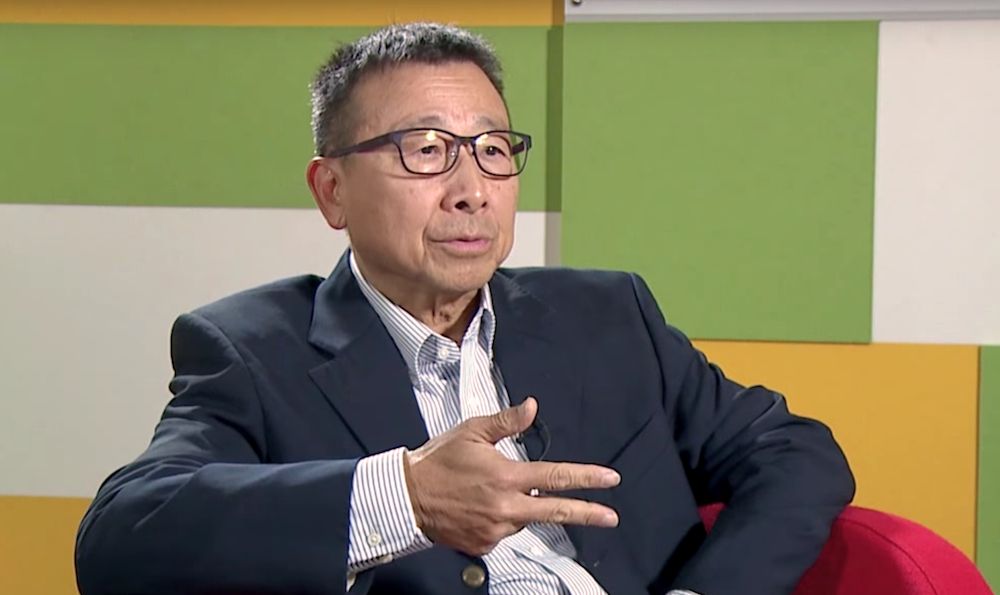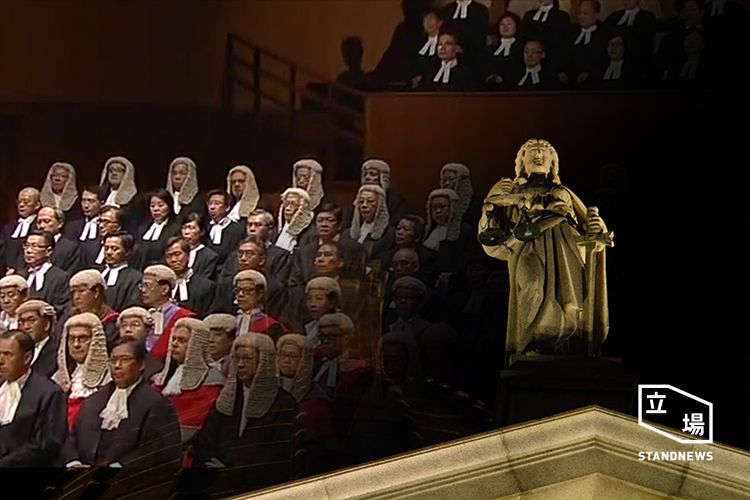By Alvin Y. H. Cheung
Hong Kong’s judges have frequently found themselves pilloried by political talking heads of late, and the past few weeks have been no exception. Former ICAC Deputy Commissioner Tony Kwok Man-wai called on Internet users to “hunt down” the judge who granted bail to Hong Kong Indigenous leader Ray Wong Toi-yeung and dig up dirt on judges’ “relationships with pan-democratic parties.”
Although Kwok has since apologised for his comments, his subsequent op-ed in the South China Morning Post suggests he has no intention of backing down from the idea of civilian “watchdogs” to exert pressure on the judiciary. Nor is Kwok alone amongst Beijing’s apologists in making bilious criticisms of the Bench. Peking University’s Rao Geping and former Secretary for Justice Elsie Leung, both members of the Basic Law Committee, have repeatedly made statements blaming “foreign” judges – a racist dog-whistle if ever there was one – for “misunderstanding” the Basic Law.

Even if we leave aside the largely transparent race-baiting by Rao, Leung et al., or Kwok’s now-recanted suggestion that judges should be “doxed” for democratic sympathies, the claim Kwok makes in his op-ed – that such bodies would advance “public accountability” – should be viewed with a jaundiced eye. Kwok names five specific examples of such “watchdogs” in his op-ed. Of these, all but one are located in the United States and Canada, both of which have had lengthy experience with democratic government.
The one example Kwok raises that is a recent democracy – Poland – is a much more meaningful comparison, for reasons that Kwok might prefer not to emphasise. Its ruling Law and Justice Party has been strongly criticised for its continuing “blitzkrieg” against the Constitutional Court, for nakedly partisan political reasons.

The Polish example gets at the heart of the matter – the role of courts, especially in states with emerging or fragile democracies. As NYU Professor Samuel Issacharoff argues in his study of constitutional courts in weak democracies, robust constitutional courts are necessary to safeguard such democracies, for instance to ensure that the democratic process results in genuine accountability to the electorate, or to destroy “a lock up of power by self-interested incumbents.”
In the case of Poland, the ruling Law and Justice Party had control of both the executive and legislative branches; its constitutional court was the only institution standing between Poland and the path to “illiberal democracy” blazed by Hungary.
Nor are the American examples Kwok cites reassuring. Washington State, Illinois, and Louisiana – the three states from which Kwok draws his examples – all feature judicial elections. Washington State and Illinois in particular have, as the National Center for State Courts explains, struggled with the influence of money in judicial elections.

Viewed in that light, the involvement of the Business Council of New Orleans in criticising judicial decisions – which Kwok holds up as wholly benign – seems far less innocuous. A system in which judges “compare themselves to prostitutes and live in constant fear of tractors” is not one that should be held up as a model for emulation.
Ultimately, the verbiage of “political accountability” for judges should be seen for what it is – a stalking horse for the politicisation of the judiciary, and the gutting of the final institution able to act as a counterweight to the executive and legislative branches. If Kwok and others are concerned about political accountability and emulating the consolidated democracies, they would do well to concern themselves with political accountability in the political branches.
Alvin Y.H. Cheung is a non-practicising barrister and member of the Progressive Lawyers Group. He is also an affiliated researcher at the US-Asia Law Institute at NYU.
